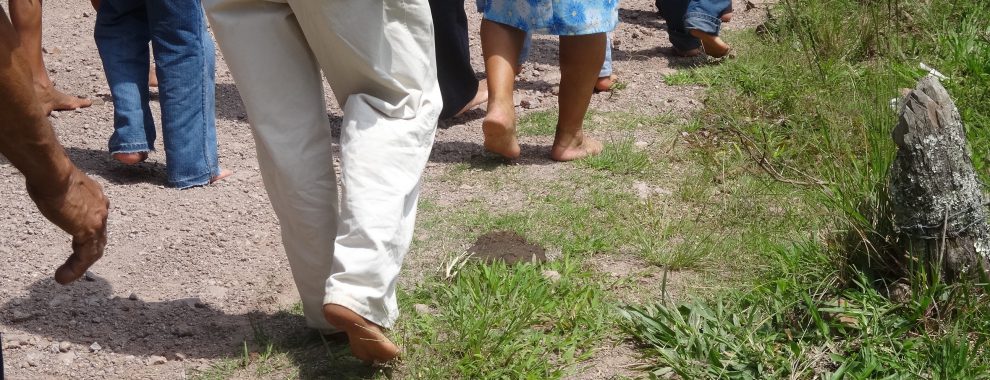The Lord will destroy on this mountain
the shroud that is drawn over all the peoples
and the veil that is spread over all the nations.
He will destroy death forever
and the Lord God will wipe away the tears from all faces.
Isaiah 25: 7-8
On November 30, 1943, at Auschwitz, Etty HIllesum, a 28 year old Dutch Jewish woman, was killed.
Not much is know of her personal life but she kept a diary that reveals her inner struggles and longings for God in the midst of the horror of Nazi Europe. She sought to preserve “that little piece of You, God, in ourselves,” in the midst of the deportations of Jews to the Nazi death camps.
Yet there is a message of hope there – but a hope that needs to be realized, actualized, in our daily lives.
“I know that a new and kinder day will come. I would so much like to live on, if only to express all the love I carry within me. And there is only one way of preparing the new age, by living it even now in our hearts.”
In the midst of the tears of our world, we are called to live in hope, sharing in God’s work of destroying death, by living in love.




